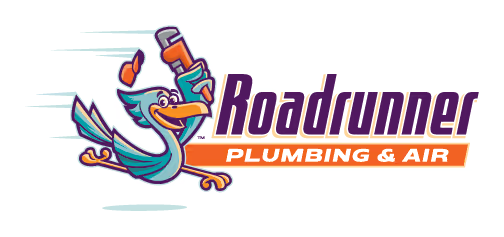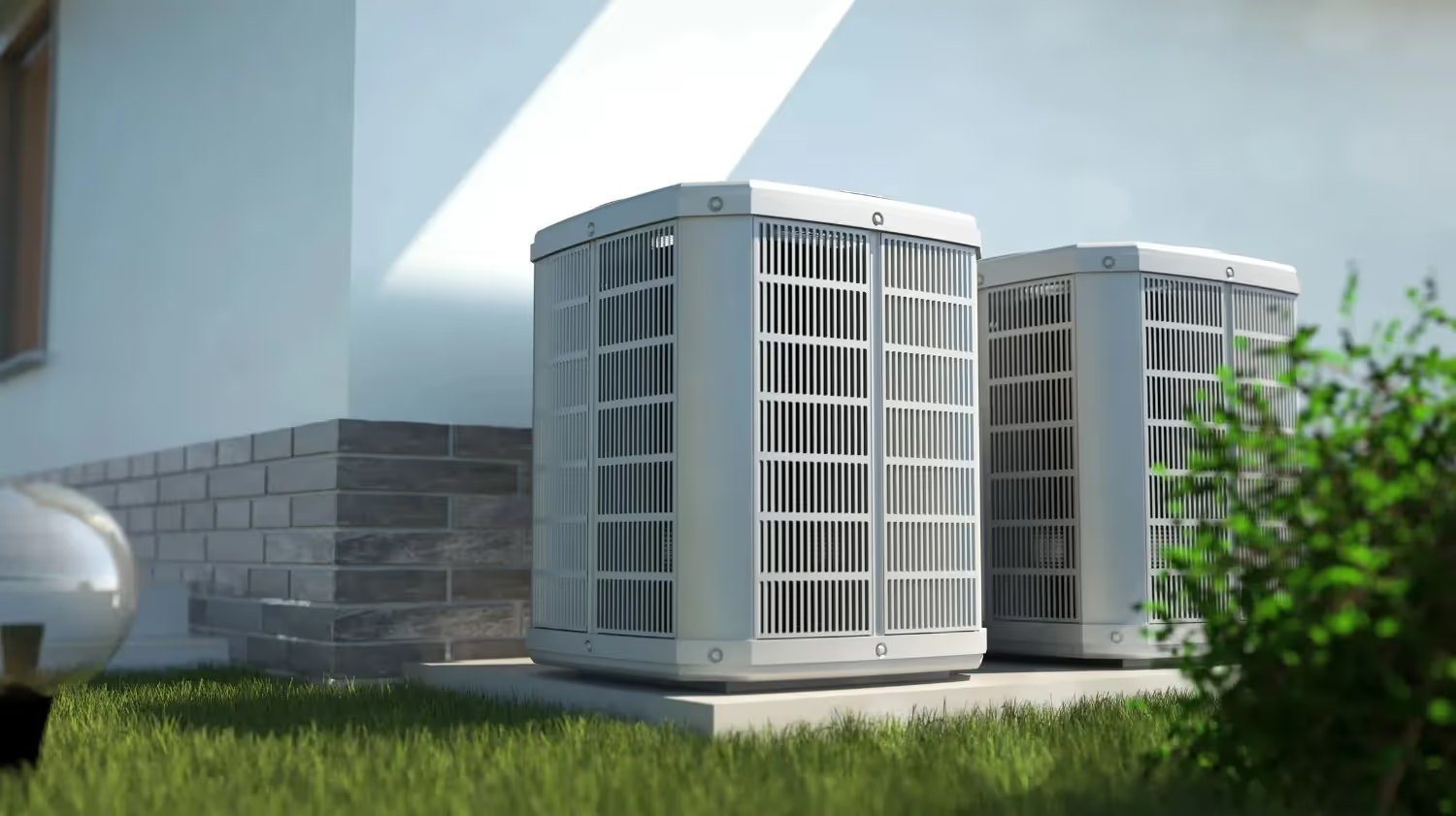Residential HVAC Replacement in Castle Hills, TX
For homeowners in Castle Hills, TX, maintaining a reliable and efficient HVAC system is essential for comfort, especially with our distinct Texas climate. Your heating and cooling system works hard throughout the year, managing everything from the intense summer heat to cooler winter temperatures. Over time, even the most well-maintained systems reach the end of their operational lifespan. When this happens, residential HVAC replacement becomes a necessary consideration to ensure your home remains comfortable, your energy bills stay manageable, and your indoor air quality is healthy.
Replacing an aging or failing HVAC unit is a significant investment, but often a crucial one for long-term home comfort and efficiency. Unlike repairs that address specific issues, a full replacement means installing a brand new system designed with modern technology and efficiency standards. This service page focuses specifically on the process and benefits of replacing existing residential HVAC systems for homeowners located in the Castle Hills, TX area.
Why Consider HVAC Replacement in Your Castle Hills Home?
Many factors can signal that it's time to replace your home's HVAC system rather than continuing with repairs. Understanding these reasons can help homeowners make informed decisions about their heating and cooling needs.
- System Age: A typical central air conditioner or furnace has a lifespan of 10-15 years, though this can vary depending on maintenance and usage. If your system is approaching or has exceeded this age range, components may begin to fail more frequently, leading to costly and recurrent repairs.
- Frequent or Costly Repairs: Needing repairs every season, or facing a single repair bill that costs a significant percentage of a new system, are strong indicators that replacement might be more economical in the long run.
- Decreased Efficiency: Older systems are significantly less energy-efficient than modern units. You might notice your energy bills steadily climbing without a corresponding change in usage habits. This is often due to the system working harder to achieve desired temperatures or losing efficiency over time.
- Poor Performance: Uneven heating or cooling throughout your home, difficulty maintaining a consistent temperature, weak airflow from vents, or strange noises emanating from the unit are all signs that your system is struggling and may be undersized, improperly installed, or simply worn out.
- R22 Refrigerant: If your air conditioner uses R22 refrigerant (also known as Freon), replacing the system is becoming increasingly necessary. R22 is being phased out due to environmental concerns, making it expensive and difficult to obtain for repairs. Systems designed for newer refrigerants (like R410A) are standard now.
- Changing Home Needs: If you've added onto your home, renovated, or experienced changes in your family's needs, your current HVAC system may no longer be appropriately sized to handle the heating and cooling load of your updated living space.
Addressing these issues through replacement can not only restore comfort but also prevent unexpected breakdowns during peak demand seasons, like the height of summer heat in Castle Hills.

Signs Your HVAC System Needs Replacement, Not Just Repair
Beyond the reasons above, homeowners in Castle Hills should look for specific warning signs that indicate an aging or failing HVAC system:
- Rising Energy Bills: A sudden or gradual increase in electricity or gas bills without increased usage often points to declining system efficiency.
- Unusual Noises: Grinding, squealing, banging, or persistent rattling sounds from your indoor or outdoor unit can indicate serious mechanical issues.
- Inconsistent Temperatures: Hot and cold spots in different rooms suggest poor airflow or inefficient operation.
- Excessive Dust: An old system might not filter air effectively, leading to more dust accumulation in your home.
- Humidity Problems: Your system should help manage indoor humidity. If your home feels excessively humid or dry despite the system running, it could be failing.
- Pilot Light Issues (Furnace): If your furnace pilot light is yellow instead of blue, it could indicate a combustion problem, which is a safety concern.
- Age: As mentioned, a system over 10-15 years old is statistically more likely to require replacement soon.
Ignoring these signs can lead to discomfort, higher operating costs, and the risk of complete system failure when you need it most.
The Benefits of Installing a New, Modern HVAC System
Investing in a new residential HVAC system offers numerous advantages for Castle Hills homeowners:
- Improved Energy Efficiency: Modern systems boast significantly higher Seasonal Energy Efficiency Ratio (SEER) ratings for cooling and Heating Seasonal Performance Factor (HSPF) ratings for heat pumps, as well as higher Annual Fuel Utilization Efficiency (AFUE) for furnaces. This means they use less energy to provide the same level of comfort, leading to lower utility bills.
- Enhanced Comfort and Consistency: New systems provide more precise temperature control and more even heating and cooling distribution throughout your home, eliminating hot and cold spots. Variable-speed technology available in many new units allows for quieter operation and consistent temperature maintenance.
- Better Indoor Air Quality: A new system can be paired with improved filtration options and other indoor air quality accessories, helping to reduce allergens, dust, and pollutants in your home's air.
- Increased Reliability: With new components and a full warranty, you can enjoy peace of mind knowing your system is less likely to break down unexpectedly.
- Quieter Operation: Newer HVAC units are designed to operate much more quietly than their older counterparts.
- Environmental Benefits: More efficient systems consume less energy, reducing your home's carbon footprint.
Considering the climate in Castle Hills, TX, where air conditioning is heavily relied upon for many months of the year, the energy savings and improved comfort provided by a new, high-efficiency AC unit can be particularly impactful.
Types of Residential HVAC Systems for Replacement
When considering residential HVAC replacement in Castle Hills, TX, several system types are common:
- Split Systems: The most common type, consisting of an outdoor unit (condenser and compressor) and an indoor unit (evaporator coil and air handler or furnace). This is ideal for homes with existing ductwork.
- Package Units: These systems contain all components (compressor, condenser, evaporator, and air handler) in a single outdoor cabinet. They are often used in homes without crawl spaces or basements and can be installed on the roof or a concrete slab.
- Heat Pumps: Heat pumps can provide both heating and cooling by moving heat between the indoors and outdoors. They are highly energy-efficient, especially in moderate climates like Central Texas, and are an option to consider for replacing older split systems or furnaces.
Selecting the right system type and size is crucial for optimal performance and efficiency in your specific home. This involves assessing your home's square footage, insulation levels, window types, and local climate conditions.
The Residential HVAC Replacement Process in Castle Hills
Replacing your home's HVAC system is a multi-step process handled by experienced professionals. Here's a general overview of what to expect:
- Initial Assessment: A qualified technician will inspect your current system, evaluate your home's size, ductwork condition, insulation, and discuss your specific heating and cooling needs and preferences.
- System Recommendation: Based on the assessment, the technician will recommend suitable replacement options, explaining the pros and cons of different types and efficiency levels that are appropriate for homes in Castle Hills. They can help you choose a system that meets your budget and comfort goals.
- Preparation and Removal: The existing HVAC system components (outdoor unit, indoor unit, and potentially connecting lines) will be safely disconnected and removed.
- Installation of New System: The new outdoor and indoor units are carefully installed according to manufacturer specifications and local building codes. This includes connecting refrigerant lines, electrical wiring, and ductwork.
- System Testing and Calibration: Once installed, the new system is thoroughly tested to ensure it's operating correctly, airflow is balanced, and temperatures are being maintained properly.
- Final Walkthrough: The technician will explain how to operate your new system, including the thermostat, discuss maintenance requirements, and answer any questions you may have.
A professional replacement ensures that your new system is properly sized, correctly installed, and functions optimally from day one, maximizing its lifespan and efficiency.
Choosing the Right Partner for HVAC Replacement
When it's time for residential HVAC replacement in Castle Hills, TX, selecting a reputable and experienced provider is key. Look for a company with local knowledge of the climate and housing types in the area, licensed and skilled technicians, and a commitment to quality workmanship. A trustworthy company will offer clear recommendations, provide detailed explanations, and ensure the installation process is smooth and minimally disruptive.
Consider a provider that emphasizes prompt service, arriving within a reasonable timeframe, maintaining a clean work area, and paying close attention to the details of the installation. The goal is not just to replace a unit, but to provide a reliable and efficient heating and cooling solution that will serve your Castle Hills home for years to come. Inquire about available Financing Options to help manage the investment, and ask about their Worry-Free Warranty policies covering labor and materials. Don't forget to check for any available Coupons that could provide savings on your replacement project.
Financing options
flexible financing solutions

We offer convenient financing options through Wells Fargo, making it easier to invest in plumbing or HVAC upgrades with flexible payments that fit your budget. Your comfort, safety, and satisfaction are always our top priorities—every service, every time.
Apply for Financing
We offer flexible financing options through GreenSky to help you move forward with essential plumbing or HVAC upgrades without delay. With quick approvals and affordable monthly payments, you can get the service you need while staying within budget.
Apply for Financing
We offer financing through Synchrony to make it easier to get the plumbing or HVAC service you need without delay. With simple application steps and convenient monthly payments, you can manage costs while enjoying reliable home comfort.
Apply for Financing
where we serve

.png)

.png)